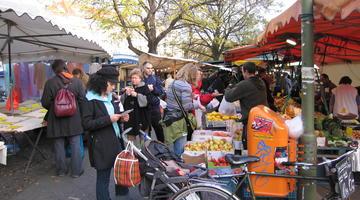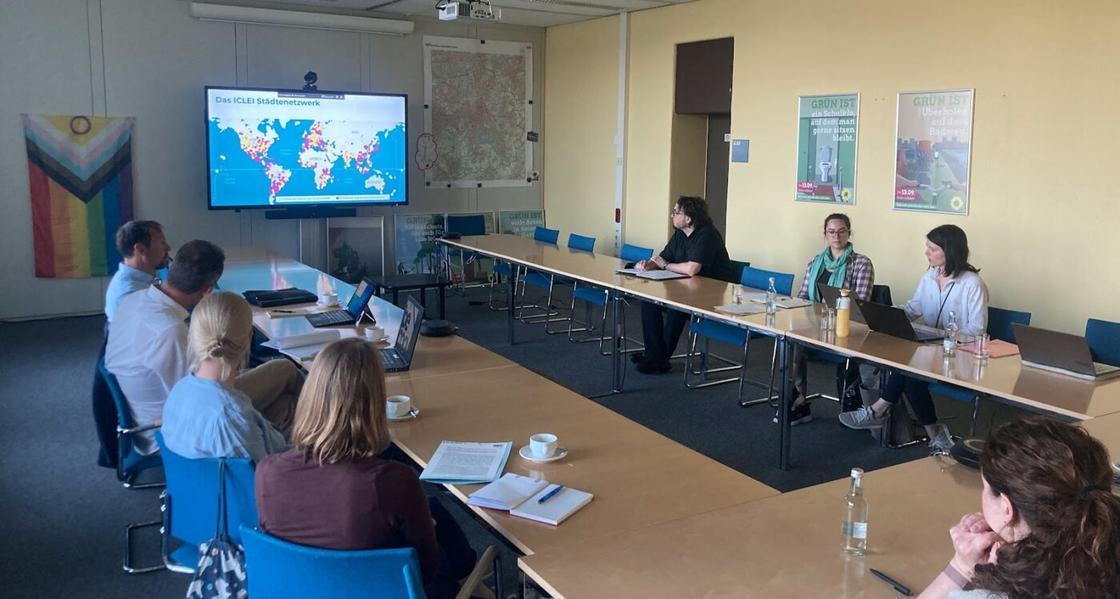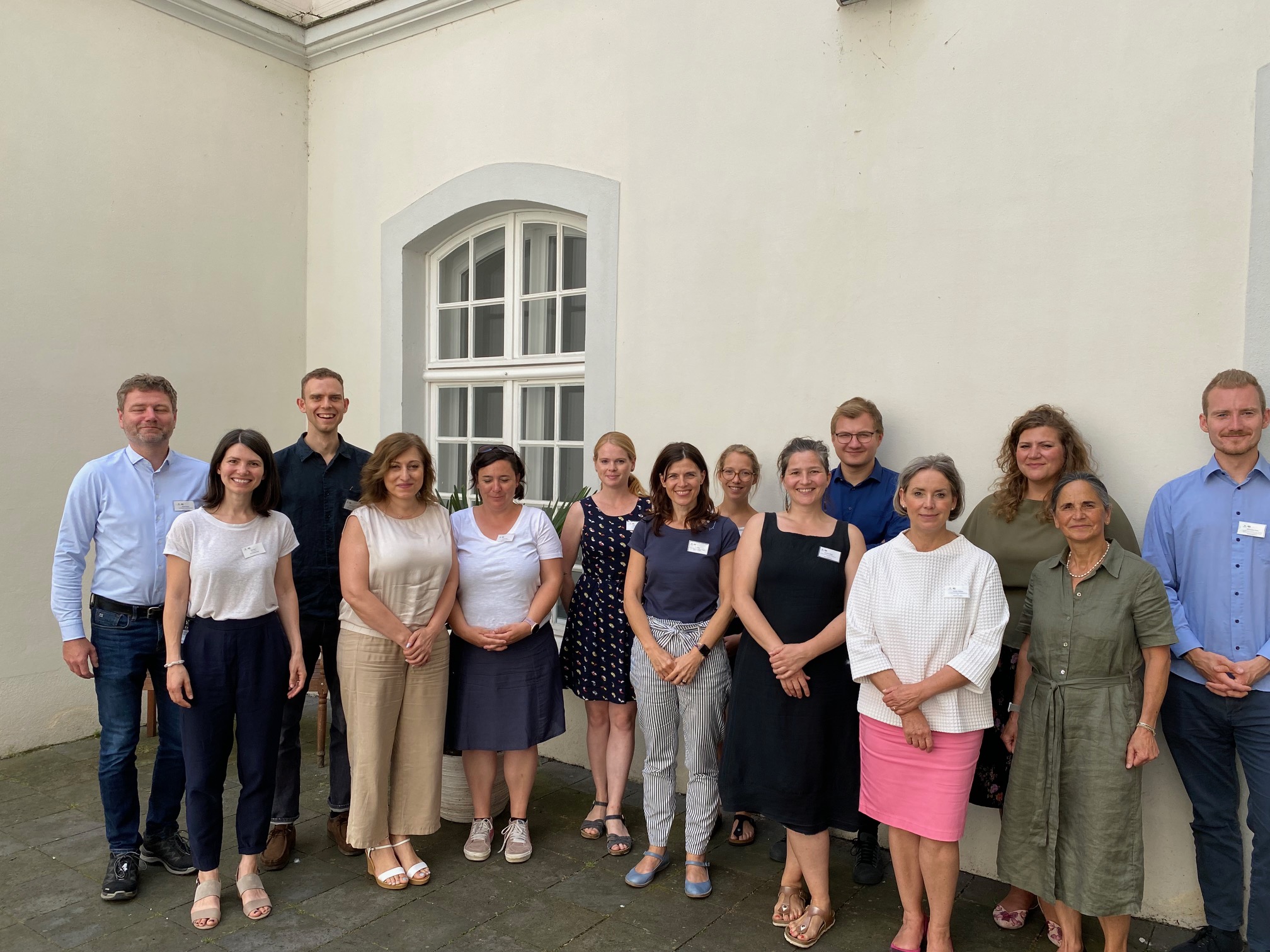
INCLU:DE
Just and inclusive climate action in German cities.
Cities' climate initiatives and ambitions need to be socially just and consider vulnerable populations, to...

How can balcony solar subsidy programmes benefit low-income and other vulnerable groups? How should cycling and pedestrian experiment zones be distributed across a city district so as to benefit all residents equally? How can energy retrofitting of residential buildings be implemented in an equitable and socially sensitive way? These are some of the questions that the German cities of Bonn, Dortmund, Heidelberg, Ludwigsburg and Essen seek to find answers to as part of the INCLU:DE project.
Social justice is becoming an increasingly important factor for city officials tasked with the design and implementation of climate actions. Undoubtedly, many past and present climate measures have been implemented in a socially responsible way, with city officials concerned with ensuring that they benefit the population at large.
Yet the question of how to measure social impact is not always clear, and something that citymakers have only more recently begun to systematically consider. Despite a variety of theoretical guides on this topic, city officials can feel ill-equipped to define and apply social equity indicators to their climate actions.
ICLEI recently travelled to the five cities to hold workshops with city officials and bring together different relevant departments. The aim of this meeting was to build on the official kick-off in Dortmund in March, and work with each city in developing their individual socially equitable climate actions.
The meetings generally took the form of dynamic and engaging brainstorming sessions, where city officials grappled with the opportunities and difficulties they are having in relation to the given climate action, as well as the data that they would have access to which could support their understanding. Together with ICLEI, the time was also spent thinking through other aspects of the project, including appropriate indicators to apply and consider, specialist thematic support ICLEI can provide, and the kinds of international cities that might be able to provide guidance on the chosen climate topic.
The next steps will consist of a baseline analysis of relevant social and environmental factors in the city, with a focus on social risks and opportunities related to the selected climate action in each city. This, in turn, will help with the tailoring of social equity indicators for each climate action in the second half of 2023.

Participants of the INCLU:DE workshop in the City of Bonn (credit: ICLEI)
About INCLU:DE
Cities' climate initiatives and ambitions need to be socially just and consider vulnerable populations, to ensure that no-one is left behind. INCLU:DE aims to support local inclusive transformations and foster dialogue exchanges to generate positive equity outcomes for all citizens involved. The project is implemented with the support of Stiftung Mercator. More information about the project can be found on the SustainableJustCities.eu website.
We are using cookies, learn more on our data protection page.